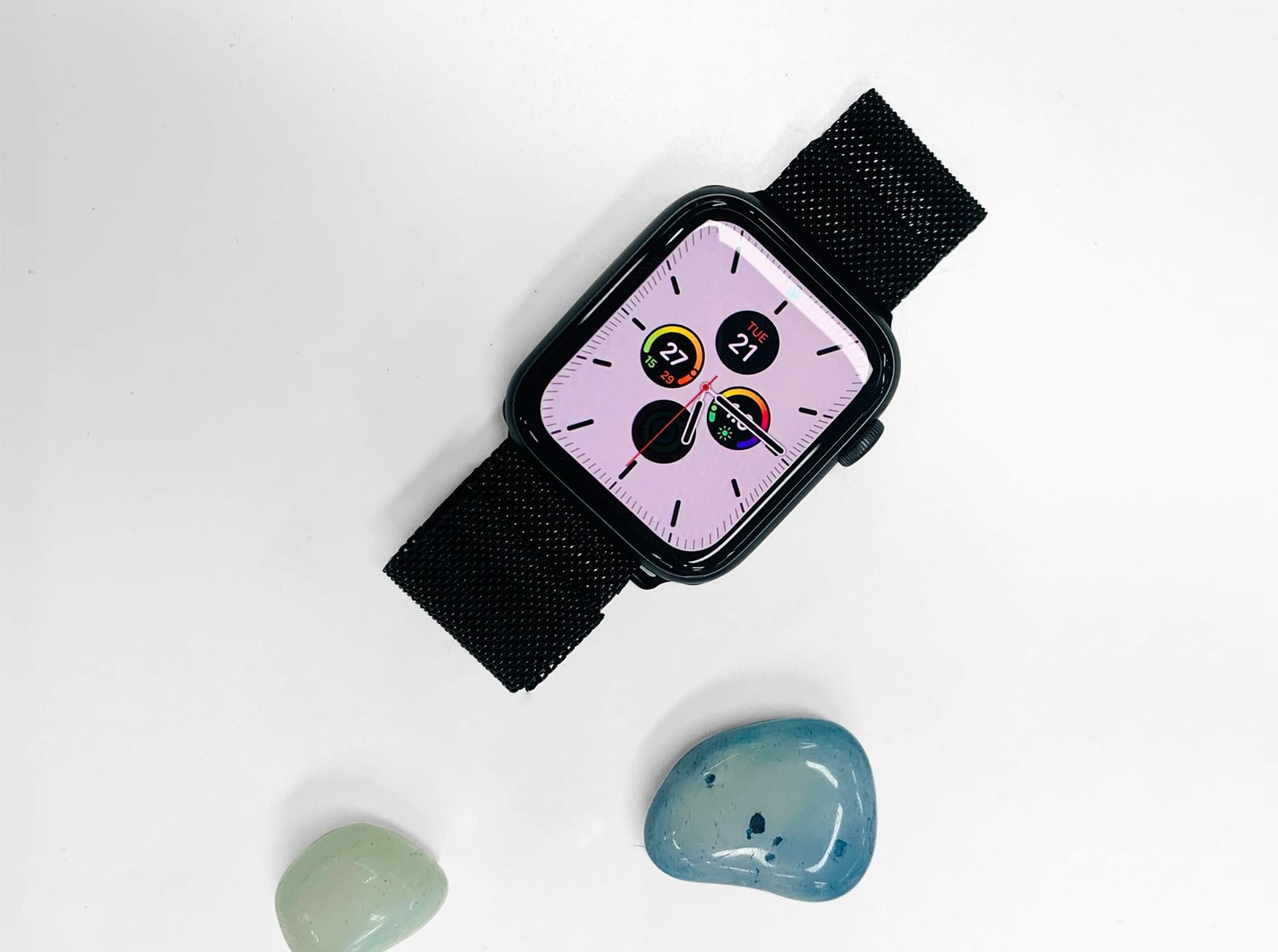The Rise of Smartwatches in Health Monitoring
In recent years, the wearable technology market has seen a significant evolution, moving beyond simple fitness tracking to more advanced health monitoring capabilities. Among these advancements, glucose smartwatches are emerging as a revolutionary tool for individuals managing diabetes and those interested in tracking their glucose levels for overall health. These innovative devices provide continuous glucose monitoring (CGM) without the invasive nature of traditional methods, offering users a convenient way to stay informed about their health status.

Understanding Glucose Smartwatches
Glucose smartwatches are equipped with sensors that can analyze glucose levels through the skin, typically by using light-based methods such as spectroscopy. This non-invasive approach eliminates the need for finger pricks, making it more comfortable for users. By regularly monitoring glucose levels, individuals can better manage their diet, exercise, and insulin intake with real-time data. Notably, these smartwatches are not just for diabetic patients but can also be used by individuals pursuing optimal health through glucose level insights.
Benefits of Glucose Monitoring
Continuous monitoring of glucose levels offers a myriad of benefits, particularly for those managing diabetes. First, it provides real-time insights into how food, exercise, medication, and lifestyle changes affect glucose levels. By having access to this information, users can make informed decisions about their health management regimens. Furthermore, glucose smartwatches can help detect hyperglycemia or hypoglycemia trends, enabling individuals to take preventative measures before conditions become severe.
Moreover, these devices often come with mobile applications that integrate data and offer trend analysis, alerts, and recommendations. This digital health information can be shared with healthcare providers for a more comprehensive view of a patient's health, allowing for personalized treatment plans.
The Future of Wearable Health Tech
The development of glucose smartwatches is part of a broader trend towards more personalized and preventive healthcare models. As sensor technology improves, we can expect these devices to offer even more detailed insights into other vital signs such as hydration levels, blood pressure, and heart rate. These advancements could transform primary healthcare by shifting the focus to prevention rather than treatment of illnesses.
Additionally, as interoperability with other digital health ecosystems improves, the collected data will contribute to a more integrated view of individual health. Such systems could enhance predictive analytics, thus estimating the risk of certain health conditions before they manifest.
Challenges and Considerations
Despite the promising capabilities of glucose smartwatches, challenges remain. Accuracy and reliability are crucial; these devices must consistently provide dependable readings comparable to traditional glucometers. Ensuring these standards will require ongoing technological advancements and thorough testing by manufacturers.
Privacy is another concern as these devices collect and transmit sensitive health data. Users must trust that their information is securely handled and not susceptible to breaches. Manufacturers are tasked with implementing rigorous security protocols to protect user data and comply with global health regulations.
Conclusion
As technology continues to advance, glucose smartwatches present an exciting opportunity for individuals to manage their health proactively. By offering a non-invasive, practical solution for continuous glucose monitoring, they hold the promise to significantly improve the quality of life for those managing diabetes as well as those interested in maintaining optimal wellness.
For more information on glucose monitoring and smartwatch technology, you may refer to the following sources:

